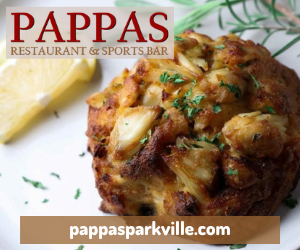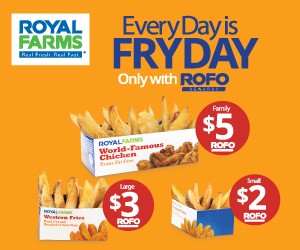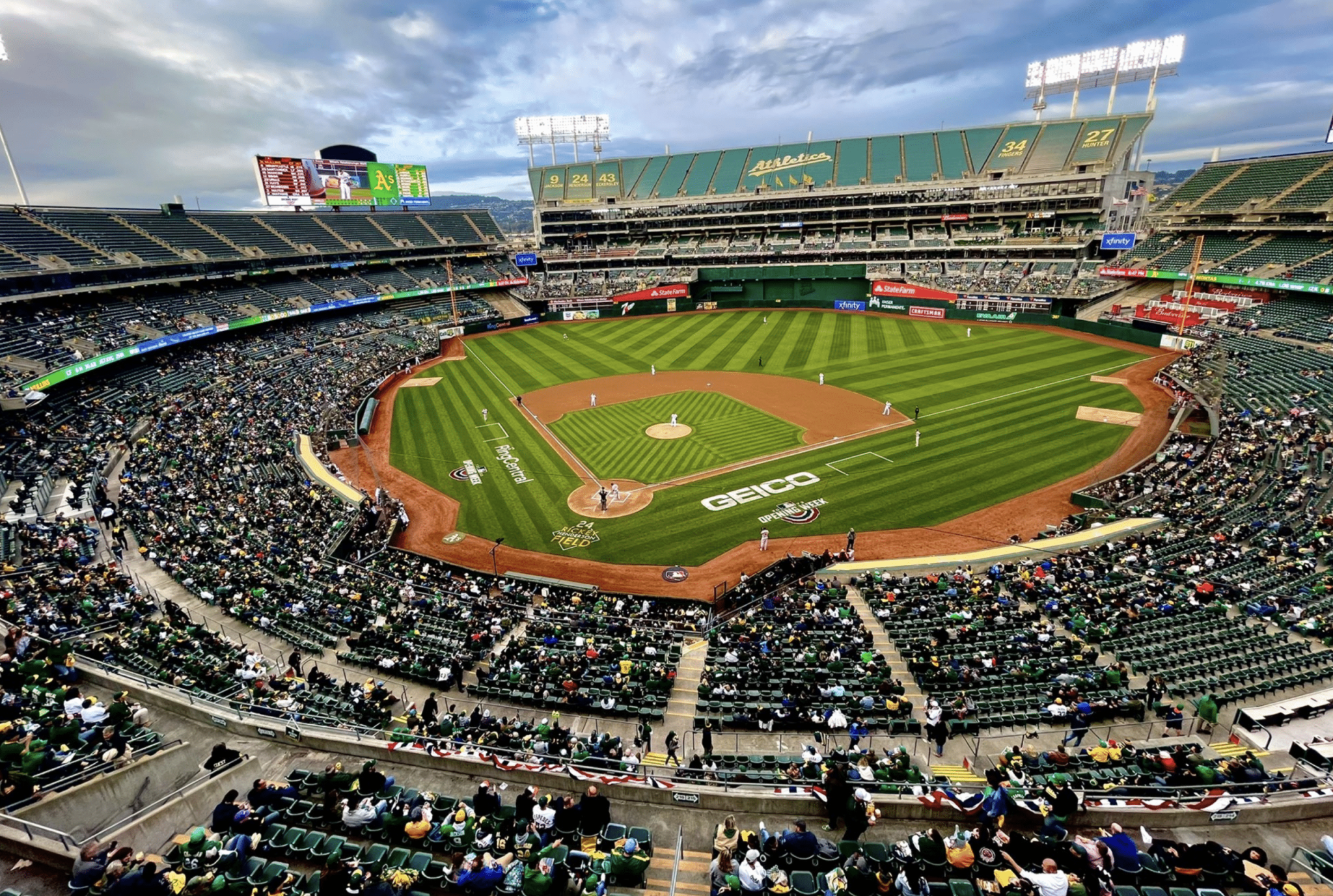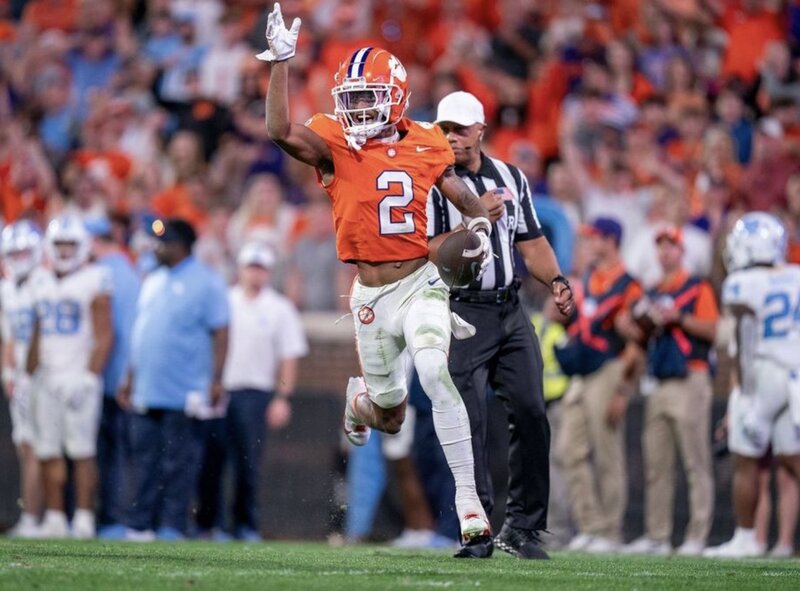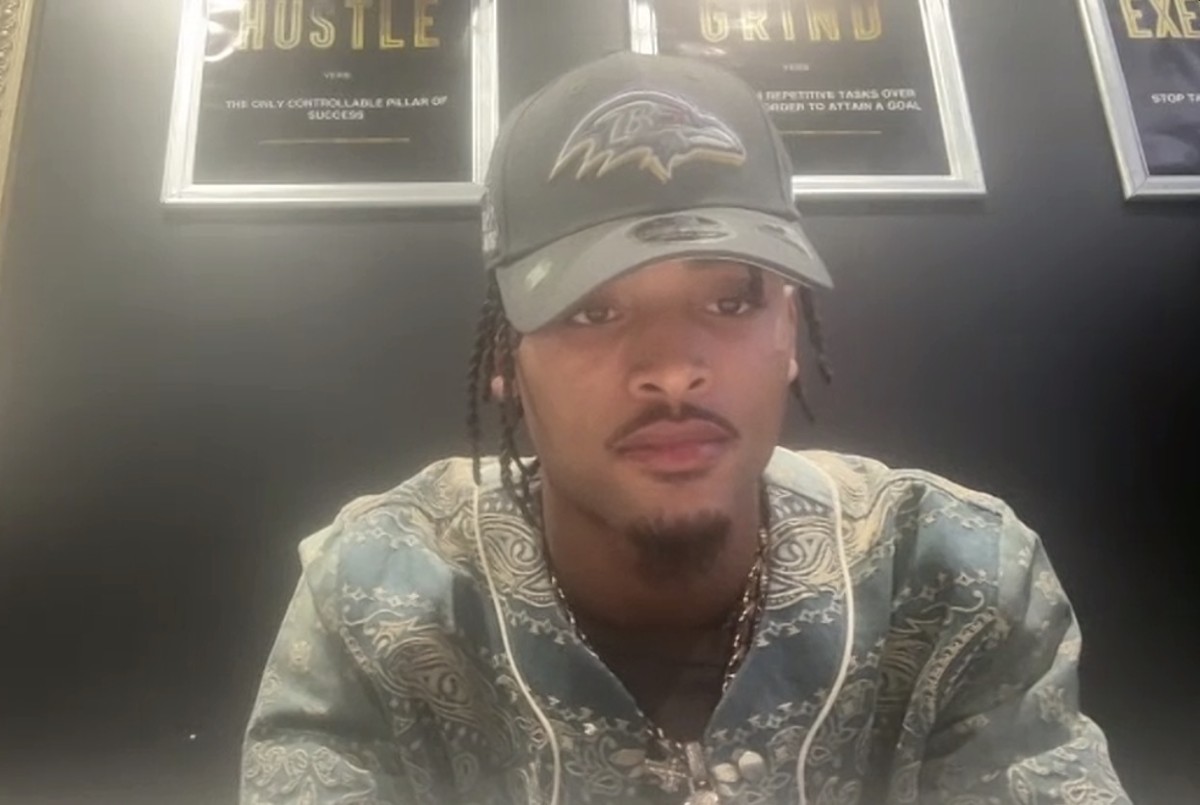bidding process the first time. “I don’t like it because I think it allows for a lot of manipulation of the various interested parties by representatives of the seller. You might be concerned that you’re bidding against a ghost bidder. If we’re going to have an auction, let’s have an auction and start bidding.”
Angelos made it clear in April that his highest offer was $625 million, which was still at least $125 million more than anyone thought the franchise was worth the previous fall.
On May 25, 1999, Daniel Snyder purchased the Washington Redskins for $800 million. It would be the last time Angelos was linked to the purchase of an NFL franchise.
***
WHILE THE ORIOLES WERE IN what had become the all-too-familiar throes of chaos in the offseason between 1998 and 1999 – hiring Frank Wren, buying Albert Belle, bidding on the Redskins and trying to shake off a woeful 79-83 season – Peter G. Angelos picked up the pace on what had become a three-year crusade to inject his Orioles into his favorite realm of debate: politics.
In 1996, Angelos began debating the merits of taking the Orioles to Cuba to play what amounted to a “goodwill game” with the most-maligned country in the hemisphere and its dreaded dictator Fidel Castro, who was a beisbol aficionado.
As early as April 1997, Angelos was adamant that the concept was a “great idea” and opined to Peter Schmuck of The Sun about the great opportunity to have a pipeline to Cuban baseball players. “We have influence in Venezuela and Aruba,” Angelos said. “Cuba seemed to us a logical place to establish a beachhead and recruit players for the Orioles. That was our intention, certainly not a diplomatic mission.”
At a time when every MLB club would’ve liked to recruit and obtain players from Cuba, where beisbol is a national obsession if not a way of life – it was taboo on many levels because it involved a United States embargo on Castro that began in the 1960s after the revolution that made the small Caribbean island a dictatorship that was ideologically isolated from the rest of Western civilization. Cuba, for all intents and purposes, might’ve just as well have been the moon for most Americans and the mere thought of “baseball democracy” with Castro incited outrage from many citizens including Angelos’ own resident first baseman and star Rafael Palmeiro, whose family was chased from its homeland after his birth in the 1960s.
“We left there 25 years ago because of what Castro stands for,” Palmeiro told Ken Rosenthal of The Sun in April 1997. “We didn’t believe in it. I don’t see how I can go back. There’s no way.”
Palmeiro was succinct. “If we go, I ain’t going,” adding that his father was disturbed at the thought of a Major League Baseball team giving any credence or legitimacy to Castro or his regime in its fourth decade of military power after a bloody coup and takeover that destroyed democracy and western contact with the island just 90 miles south of Miami. “I know Peter [Angelos] has his reasons why he wants to take our team down there but how can I go play baseball in a country I left because of the government? I can’t do that. It goes against what I stand for. If I were American, it would be different. But I was born in Cuba.”
The U.S. Treasury Department shut down Angelos’ bid in 1997. But, in early 1999, the tenacious Orioles owner found an open door when Democratic President Bill Clinton, whom Angelos supported with financial donations during his campaign, eased travel restrictions to Cuba and opened a cultural exchange program amidst scorn by many in South Florida of Cuban descent. Angelos met with Sandy Berger, who was Clinton’s national security advisor in January and arranged to get MLB commissioner Bud Selig on board. A group of U.S. representatives attempted to block the series, which the Major League Baseball Players Association demanded allow the Cuban players to play a game in the United States.
Two weeks earlier, The Baltimore Sun had named Peter G. Angelos as “Marylander of The Year,” the highest honor bestowed upon a private citizen by the then-monopoly newspaper in the region. It read:
THAT Peter G. Angelos should be The Sun’s Marylander of the Year was not in doubt. The question was which year. Measured by professional accomplishments and contributions to his city and region, he is the Marylander of this decade.
At 69, he is vigorous and hitting his prime. “Self-made” does not begin to tell it. If current projects succeed and others follow, he may go down in history as the greatest mover and shaker that Baltimore has known.
And on Jan. 16, 1999, Angelos was moving and shaking a private jet to Havana with a contingent of American officials, including Orioles player B.J. Surhoff, to survey the situation and design a deal that would pull off this unprecedented








